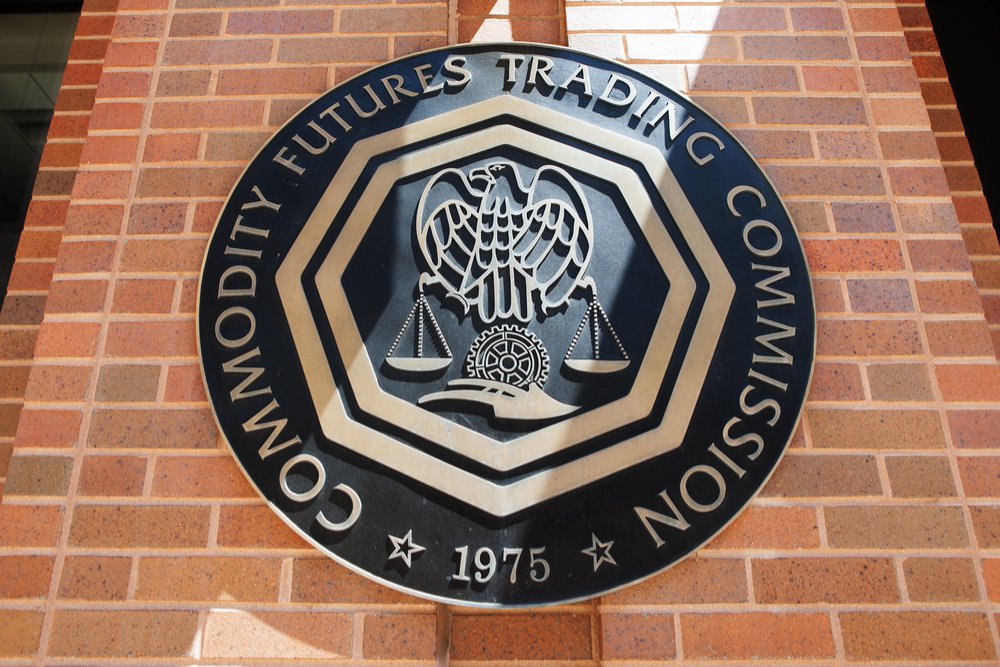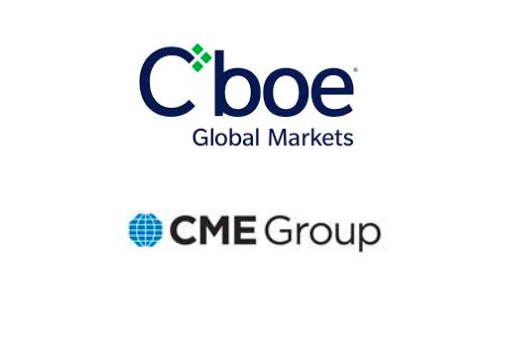
Bitcoin futures regulators met for their first Market Risk Advisory Committee (MRAC) of the new year, and it was dedicated exclusively to cryptocurrency futures. An advisory body to the US Commodities Futures Trading Commission (CFTC), the not-quite two-year-old group held its only public meeting on the issue since bitcoin futures went live in December of last year. The all-day affair included commentary from regulators and futures market makers such as Chicago Board Options Exchange (Cboe) and Chicago Mercantile Exchange (CME), and all were asked about their impressions so far of bitcoin futures and the process of self-certification for exchanges.
Also read: Nassim Nicholas Taleb vs David Birch on The Bitcoin Standard
Market Risk Advisory Committee Holds First Public Meeting on Bitcoin Futures
Since December 2017’s historic launching of two bitcoin futures markets on Cboe and CME, the verdict has been decidedly mixed depending upon the commenter. Bitcoiners hoped for a price run beyond 19,000 USD highs, but were soon to realize nothing close would be the case. The price in fact flattened and contract volume was slim. For professional traders and clearinghouses, the rush in December to take advantage of crypto fever seemed ill-conceived from the start, and soon contracts turned short as the price of bitcoin has essentially halved, leading to even more concern about volatility. Still other analysts believe the markets simply need to mature.
Wednesday, 31 January 2018 held a first in Washington, DC: it’s both the date of the first meeting of MRAC and the first time CFTC has held a public meeting on bitcoin futures, bringing together market makers from Cboe, CME, and others. The effort is part of an ongoing conversation American regulators are beginning to have as cryptocurrency begins to increasingly dominate their discussions.

At issue were the CFTC’s the statutory framework and regulatory process within the quirk of commodity exchanges’ self-certification; general discussion of the commission’s authority; oversight tools; product design and governance process of market makers for clearing new products and evaluating them post launch; and hearing from the market makers themselves about bitcoin futures’ roll out and the process thus far, including going forward.
In a rather large closed circle gathering, attendees included Rostin Behnam, MRAC Sponsor and Commissioner, J. Christopher Giancarlo, Chairman Commodity Futures Trading Commission, Julie Winkler, Chief Commercial Officer CME Group, Chris Concannon, President and Chief Operating Officer Cboe Futures Exchange, among many others.
![Market Risk Advisory Committee: Bitcoin Futures Self-Certification Works]() Informal Process Works Well
Informal Process Works Well
“That informal process has worked well over the years,” CME’s Kathleen Cronin insisted, speaking to the issue of adding new rules or regulations on top of the existing structure. “To impose a formal process, I think, unnecessarily creates administrative burdens.” Indeed, in recent weeks Chairman Giancarlo suggested a process of “heightened review” for CFTC, and he and his staff reiterated as much throughout the meeting. A notable exception came from MRAC’s Rostin Behnam, who after acknowledging setbacks and exceptions, praised the status quo.
“Self-certification is a unique process that has served market participants, the CFTC, and the general public very well,” Mr. Behnam began the morning’s session. “Indeed, since Congress authorized the CFTC to establish a self-certification process for the listing of new futures products in 2000, 15 exchanges have self-certified 10,628 new products, providing more risk management tools for commercial end-users across many different asset classes.”

Both Mr. Concannon of Cboe and Ms. Winkler of CME were quick to point out the relative calm and frictionlessness of bitcoin futures markets, reminding regulators that neither market was rushed but was instead the work of many years in coordination with CFTC, brokers, clearinghouses, and the like. Both exchanges agreed self-certification allows them to be nimble in a globally competitive atmosphere, and places incentives where they need to be: at the exchange level.
As if to pound home the point, CFTC’s Mr. Behnam thanked participants at the end of the meeting, pronouncing “self-certification works”. In only a few days time, both the Securities and Exchange Commission and CFTC will appear in a Senate hearing titled Virtual Currencies: The Oversight Role of the U.S. Securities and Exchange Commission and the U.S. Commodity Futures Trading Commission, 6 February 2018.
What are your opinions of bitcoin futures thus far? Let us know in the comments section below.
Images courtesy of Pixabay, Cboe, CME.
The Bitcoin universe is vast. So is Bitcoin.com. Check our Wiki, where you can learn everything you were afraid to ask. Or read our news coverage to stay up to date on the latest. Or delve into statistics on our helpful tools page.
The post Market Risk Advisory Committee: Bitcoin Futures Self-Certification Works appeared first on Bitcoin News.
Powered by WPeMatico
